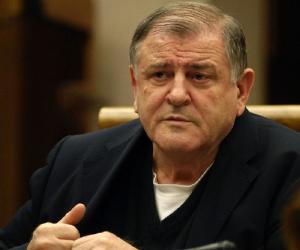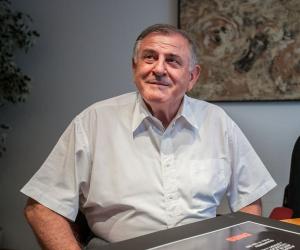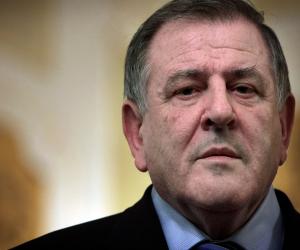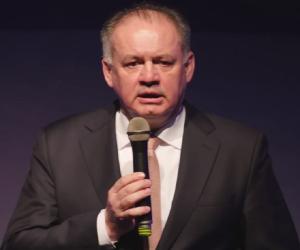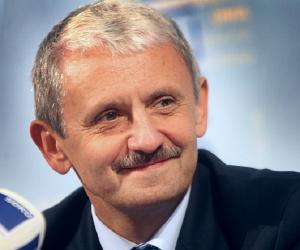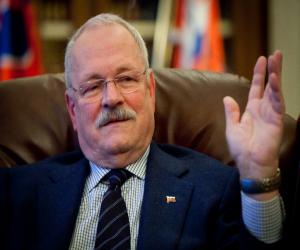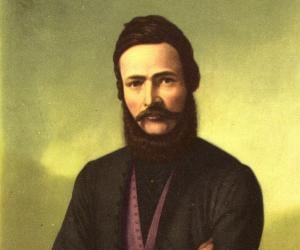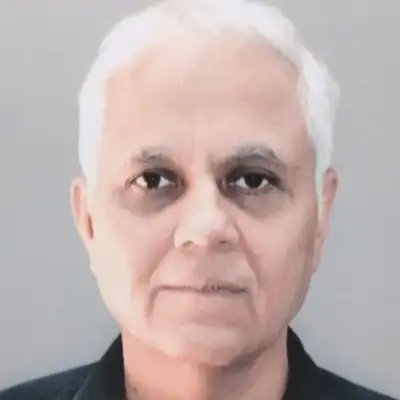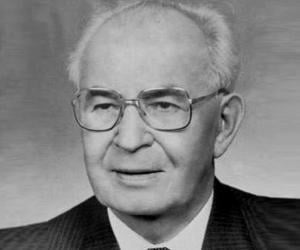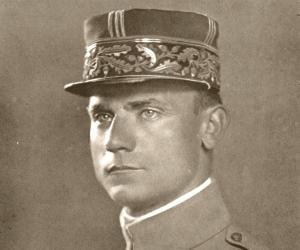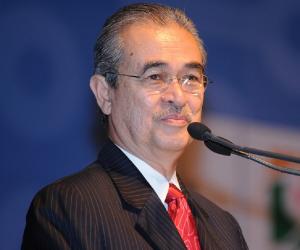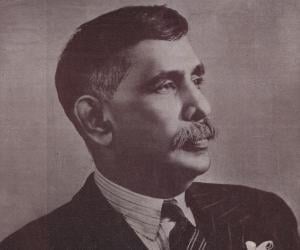Childhood & Early Life
Vladimir Meciar was born on July 26, 1942 in Zvolen, Czechoslovakia. He had a modest childhood with his father being a tailor and his mother a housewife. He had three younger brothers.
In 1959, he graduated from Comenius University in Bratislava. As a young adult he participated in several amateur boxing matches.
Continue Reading Below
Career
In 1959, he became a clerk at the District National Committee for Ziar nad Hronom. It was at this time that he began his political career and pledged his allegiance to the Communist Party of Slovakia.
Between 1962 and 1968, he held several positions within the Slovakia Union of Youth with the Communist Party. One such position was chairman of the District Committee of the Czechoslovak Youth Union in Ziar.
In 1968 he openly proclaimed his support for Alexander Dubcek who campaigned for democratic reforms. Dubcek was ousted that year leaving Meciar very unpopular with the rest of the Communist Party.
In 1969 the Communist Party revoked his party membership, fired him from his position, and listed him as an enemy to their regime. He was forced out of politics for the time and lived under the radar for much of the next 20 years.
In 1970 he began working as a steel worker. At the same time he put himself though the School of Law of Comenius University.
In 1973, after law school he worked as a clerk and thereafter as lawyer for a law firm Skloobal. He worked here for the next fifteen years.
In 1989, he once again entered politics. Following Czechoslovakia’s Velvet Revolution and the fall of the Berlin Wall, he joined ‘Public Against Violence’, an anticommunist group.
In early 1990, he became deputy in House of Nations for Czechoslovak Federal Assembly. He was also appointed as Slovakia’s Minister of Interior and Environment.
In June 1990, elections were held and the Public Against Violence party won a clear victory. Meciar was elected Slovak prime minister.
Continue Reading Below
In 1991, many more political parties began forming in the Czech Republic and Slovakia leading to his party splitting in two. In April, he lost his position as premier and was accused of collaboration with secret police while he was connected with the Communist Party.
In 1992, he formed the Movement for a Democratic Slovakia and again ran for prime minister. His campaign was successful and after elections he immediately began negotiations with the Czech Republic. When Slovakia became independent through these negotiations, he served as the country’s first head of government.
In March of 1994 the parliament and opposition parties unseated him as prime minister. However, in the elections held in October 1994, he was again elected for his third term as prime minister.
Following 1998 elections, Meciar couldn’t garner enough support and lost the prime ministership to Mikuláš Dzurinda.
He was one of the leading candidates for the first direct election of the president of Slovakia in 1999, but couldn’t win the elections,
He decided to give up on politics in 2000. He was arrested the same year and unfortunately for him his departure from politics was hailed by majority of the public opinion. He became Slovakia’s most disliked public figure.
Vladimir Meciar ran again for presidency in 2004 but once again he lost.
